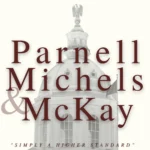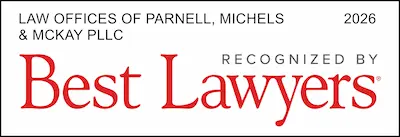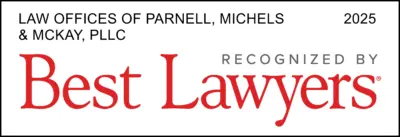Revocable Trust v. Will: What Is The Best Choice for You and Your Family?~2 min read
We often get questions on whether a client should have a will or a trust, and what the benefits of each are. For each client, there are benefits to both types of estate plans.Wills are simple and can be much cheaper to complete then trusts. They direct where your property goes when you pass into the great beyond, and they can provide direction to your family when they deal with your passing. However, wills can sometimes be inefficient to deal with the property in a way that you want, and they require the will to be probated in Court.
They are also public documents that can be viewable at Court, and for some more private people that can be a problem.Revocable trusts provide clients with more options on how to deal with their property. A trust can avoid the problems of probate, and address specific situations like what happens if you become incapacitated. Trusts are private agreements and do not become public records. They can provide a trustee to make decisions if a beneficiary is not properly prepared to receive the property. A trust can be effective for life, and most importantly you can maintain control over your assets during your life.
Trusts also can provide protections for situations like divorce or drug abuse, and allow a person to maintain control over their assets during their life. There are some cons to trusts as well, like the cost which is more expensive than wills. Trusts can be time-consuming, and may involve other potential costs as part of the trust’s creation.There are also ways to essentially combine a will and trust with what is called a “pour over clause” in your will. In this situation, you can create trust through that provision which effectively funds the trust at the time of your passing. Any such provisions need the careful attention of an estate planning attorney who understands the estate process.No matter what you choose for yourself and your family, it is always important to get proper legal advice on which options would benefit you the most.
The experienced estate planning attorneys at Parnell, Michels and McKay can help you determine which options are best for you, and prepare an estate plan tailored to your needs. Should you be interested in finding out which options work best for you, contact our office to schedule an appointment.
Our firm blends advocacy oriented practice with effective practical solutions for all our clients in Londonderry, N. Woodstock, and throughout New Hampshire. The attorneys at Parnell, Michels & McKay provide effective representation and counseling to assist our clients facing legal questions. We simplify the process so our clients can understand and are able to participate as partners in the resolution.
Our practice includes personal injury law such as motor vehicle accidents, falls, dog bites, workers compensation, social security disability, and other injuries.
We also practice family law, including divorce, post-divorce, unwed custody and property division, and collaborative divorce, and have extensive experience in bankruptcy, probate, boundary disputes, estate planning, corporate formation and other real estate litigation.















